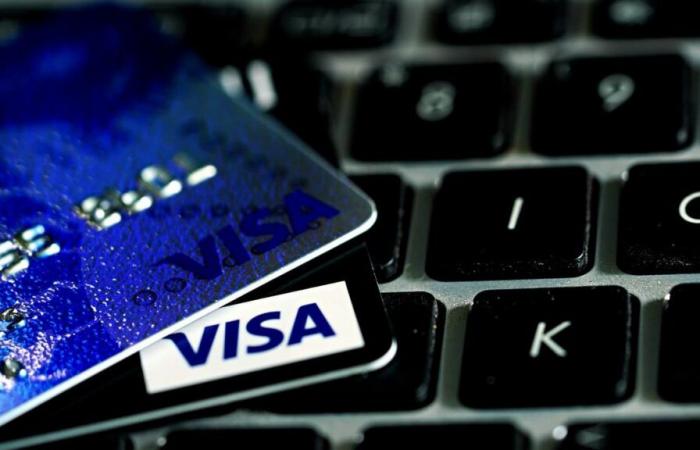A new scam, this time spotted on Facebook, is affecting camping enthusiasts. Internet users are offered a Decathlon tent in exchange for bank details supposedly covering the transport costs. A game advertised as 100% winning, which in reality only benefits the scammers, because the tent never arrives.
A seasonal scam. As reported by Capital, quoting the newspaper Sud Ouest, users of the social network Facebook are warning about cases of Decathlon tent scams. Once their bank details have been entered, the scammed people never receive the gift they were promised. While the modus operandi is similar to any other online scam, this time the counterfeiters are adapting to the season and are probably playing on the success of one of the French people’s favorite brands.
A game announced as 100% winning
It must be said that the proposition is interesting. For a click and a few answers, a tent from the Decathlon brand is offered to you, sent almost free of charge to your home. The news is enough to delight outdoor enthusiasts. But as with all scams of this kind, the wronged Internet users will never receive the expected gain. Worse, they can then become victims of banking scams.
Because, in this specific case, Internet users are redirected after a few clicks to a page supposedly “hosted” by Decathlon. A lottery system allows you to “win” the jackpot every time.
“And we win every time, before having to give our bank details in order to pay the delivery costs to receive our tent. Which never arrives, despite what the glowing comments that accompany the publication say. The withdrawals from our bank account, however, arrive, without us having requested them,” explains Sud Ouest.
As for the amount requested, it is only one euro, according to a specialist site.
“Phishing” to be wary of
In the case of this scam, the victims were affected by the practice known as phishing. This method, which is widespread among online counterfeiters, consists of recovering sensitive data (banking, professional, etc.) by pretending to be an organization or company.
“This is one of the main vectors of cybercrime,” analyses the Ministry of the Economy.
To protect yourself, if you pay for a purchase online and have to provide information about your bank card, the government website advises you to check that you are on a secure website whose address begins with “https”. Note that a small padlock preceding the mention will indicate whether the site is reliable.
An up-to-date antivirus also allows you to maximize your protection against malware. Finally, it is advisable to use the anti-phishing filter, offered by most internet browsers. Their principles may be different (blacklist, whitelist, keyword, etc.) but all these functions help to maintain vigilance, indicates the Ministry of the Economy.
If your bank details have been entered on a malicious or suspicious site, contact your bank immediately. Online scams can also be reported on the Pharos platform.



